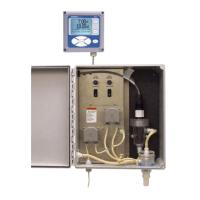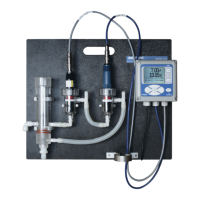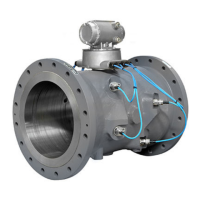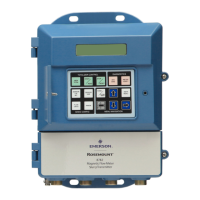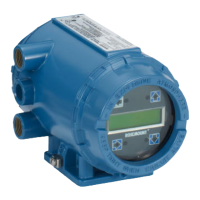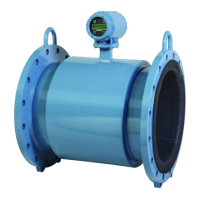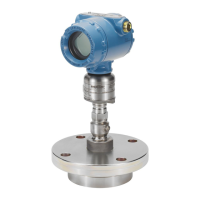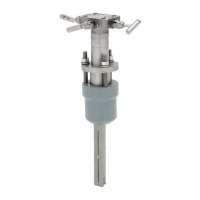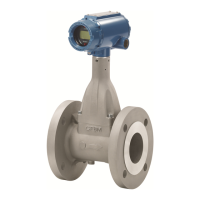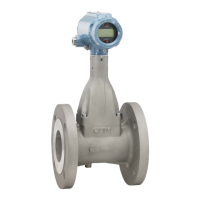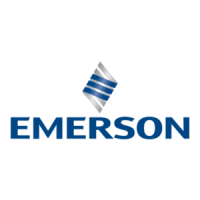Section
5-1
5 Electronics Functions
PROPLATE FLOWMETER This section describes using the HART Communicator.
Safety Messages Procedures and instructions in this section may require special
precautions to ensure the safety of the personnel performing the
operations. Information that raises potential safety issues is indicated
by a warning symbol ( ). Refer to the following safety messages before
performing an operation preceded by this symbol.
This section contains information on commissioning and operating
ProPlate flowmeters. Tasks that should be performed on the bench
prior to installation (setting flowmeter jumpers) and software functions
are explained in this section.
For your convenience, HART communicator fast key sequences are
listed for each software function. If you are unfamiliar with the
communicator or how to follow fast key sequences, please refer to
Appendix A: HART Communicator for communicator operations.
Explosions could result in death or serious injury:
• Do not remove the transmitter cover in explosive atmospheres when the circuit
is alive.
• Before connecting a HART-based communicator in an explosive atmosphere,
make sure the instruments in the loop are installed in accordance with
intrinsically safe or non-incendive field wiring practices.
• Verify that the operating atmosphere of the transmitter is consistent with the
appropriate hazardous locations certifications.
• Both transmitter covers must be fully engaged to meet explosion-proof
requirements.
• The unused conduit opening on the electronics housing must be plugged and
sealed to meet explosion-proof requirements.
Failure to follow these installation guidelines could result in death or serious injury:
• Make sure only qualified personnel perform the installation.
For intrinsically safe installations, wiring connections must be made in accordance with
ANSI/ISA-RP12.6, and Rosemount drawings 03031-1019 or 03031-1024.
For ALL installations, wiring connections must be made in accordance with local or
national installation codes such as the NEC NFPA 70.
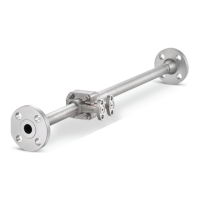
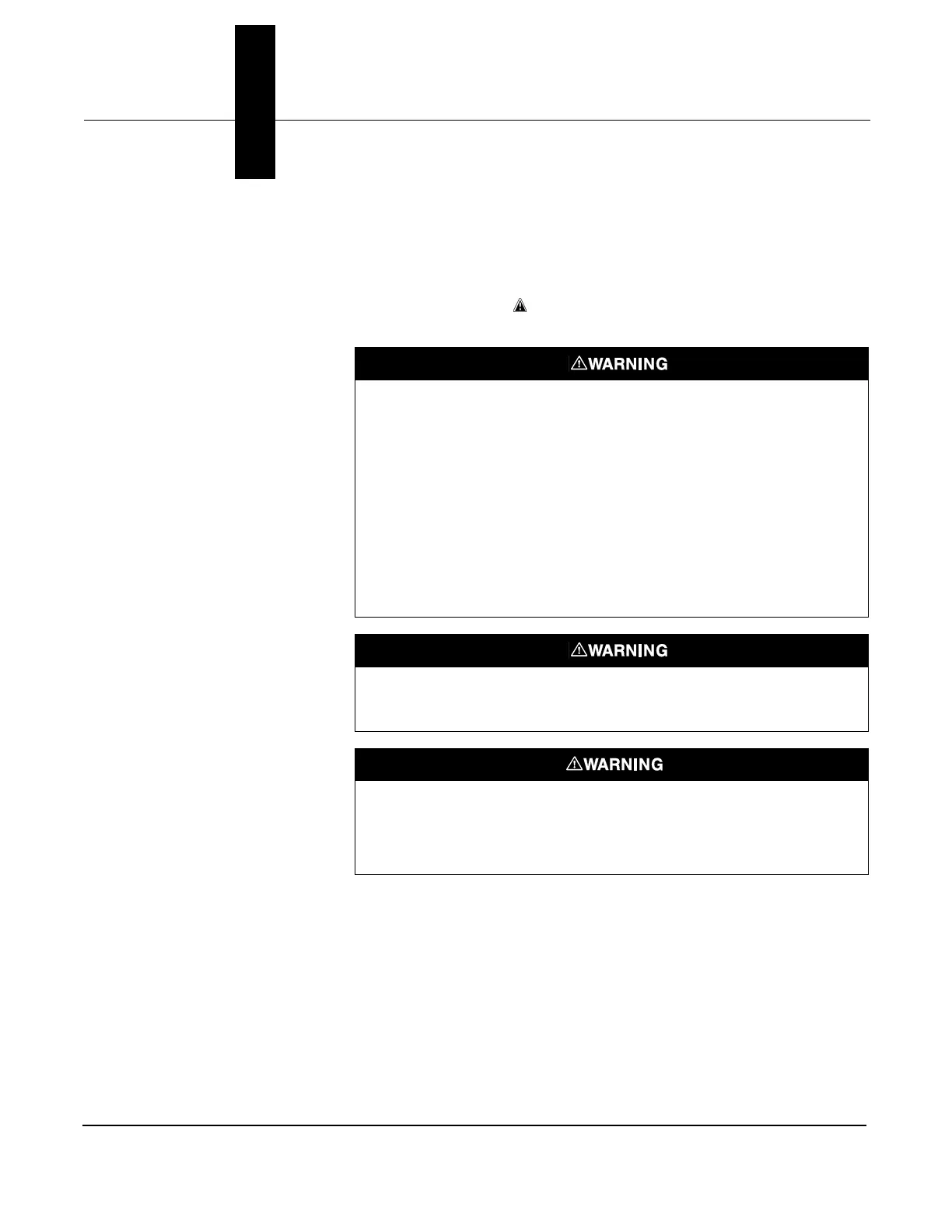